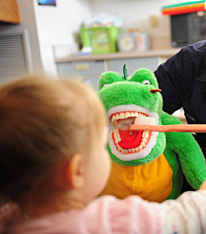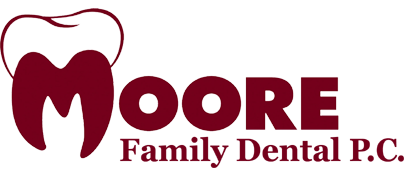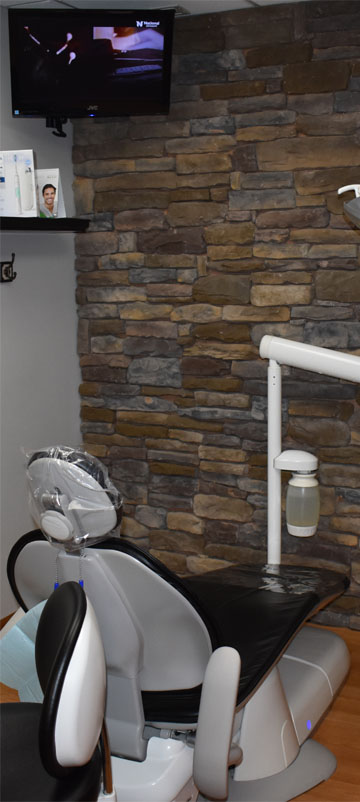 Children have a lot of questions. They ask how plants grow, why the sky is blue, and how airplanes fly. Not surprisingly, they have a lot of questions about themselves, too. For example, as they chew or brush their teeth, they may ask questions about teeth. Here’s a guide to help you answer them.
Children have a lot of questions. They ask how plants grow, why the sky is blue, and how airplanes fly. Not surprisingly, they have a lot of questions about themselves, too. For example, as they chew or brush their teeth, they may ask questions about teeth. Here’s a guide to help you answer them.
1. Do wisdom teeth make you smart?
What’s 36 times 85? Wisdom teeth won’t help you answer that or deal with any other intellectual challenges. Despite their name, they don’t have anything to do with intelligence. Our two other sets of molars come in when we’re younger, and the wisdom teeth are the “third and final set of molars that most people get in their late teens or early twenties.” If they come in properly, they can remain in the mouth. However, in many cases, they don’t come in properly; in those cases, they need to be removed. When wisdom teeth need to be removed, it’s very important to follow all instructions to maximize recovery and minimize the risk of infection and other problems. We promise, you’ll be just as smart without them as you were with them. The answer, by the way, is that 36 times 85 equals 3,060.
2. Why do baby teeth fall out?
Do you remember when your child’s first tooth came in? It’s always an exciting moment for parents, and it is often recorded in the baby book. Those tiny teeth are just the beginning. They’re small because infants and toddlers have small mouths; those early teeth serve your child well, and eventually they begin to fall out to make room for permanent teeth. The permanent teeth are bigger because they’re exactly that: permanent. This means that your child may have to grow into them a little bit.
3. Why do I have to floss?
Have you ever looked at your teeth at the end of the day? Stand in front of a mirror with your child and examine your teeth together. You may find that they don’t look nearly as clean as they did after you brushed them in the morning. You may even find stray food particles in there. Brush them and take another look. They probably look a lot better, but you may still find a few things the toothbrush left behind. Even if the spaces between your teeth look presentable, there are still tiny particles left behind because your toothbrush can’t clean between your teeth very well. That’s what floss is for. It helps clean between teeth to remove germs and other materials from your mouth. Happy flossing!
4. Do I really have to brush every day?
Yes, yes, yes. It’s important to brush after every meal. When your mouth is cleaner, there are fewer germs in it and it’s healthier. Regular brushing will help reduce or eliminate bad breath, too.
5. Why do we use toothpaste?
Toothpaste helps us in a variety of ways. It has fluoride, which helps our teeth. Some toothpastes help reduce sensitivity or make teeth whiter. Others help strengthen enamel. If you’re not sure which type of toothpaste to use, let us know and we’ll help you figure it out. Remind children that they should never swallow toothpaste.
It’s natural for children to have questions about their teeth and about many aspects of the world around them. We can help you out with the dental questions because we’re committed to helping you provide them with a solid foundation of dental health. As to the million other questions you’ll encounter, we recommend finding a good search engine. Good luck!



